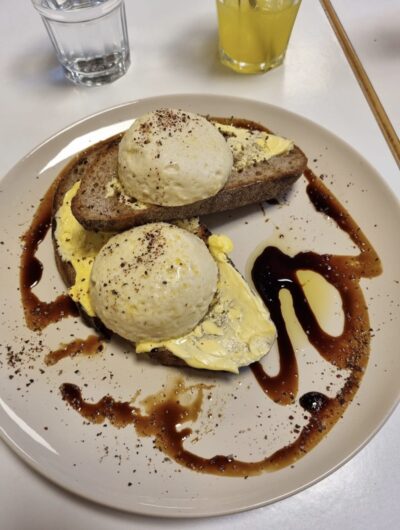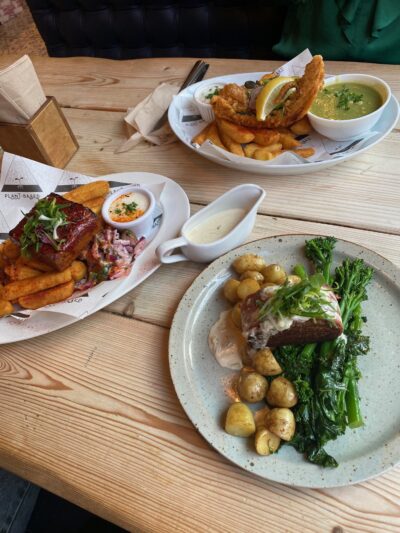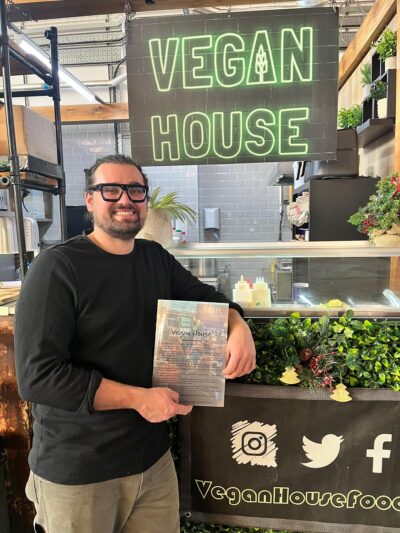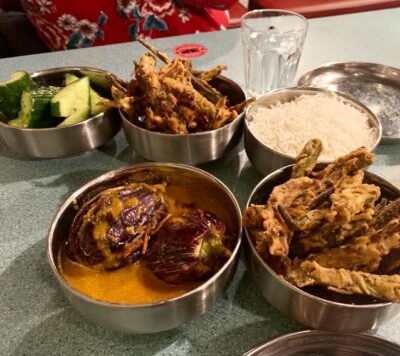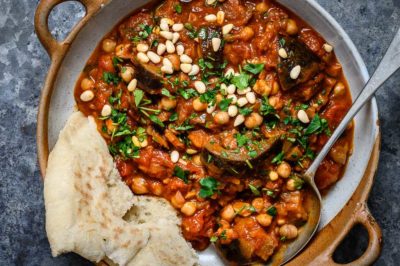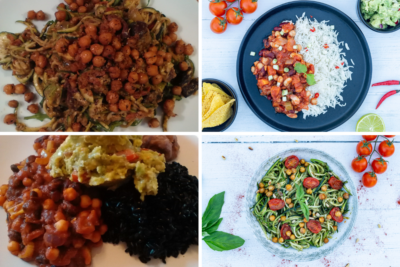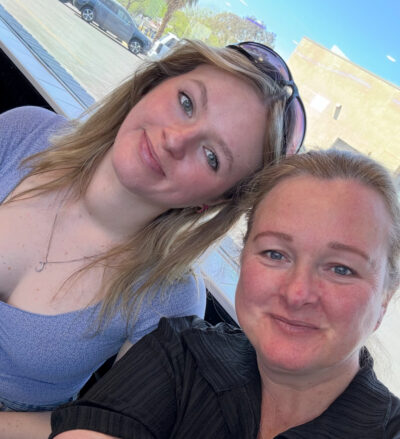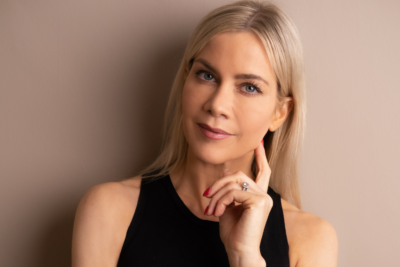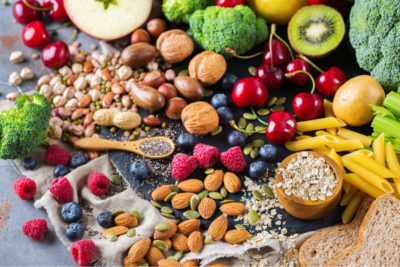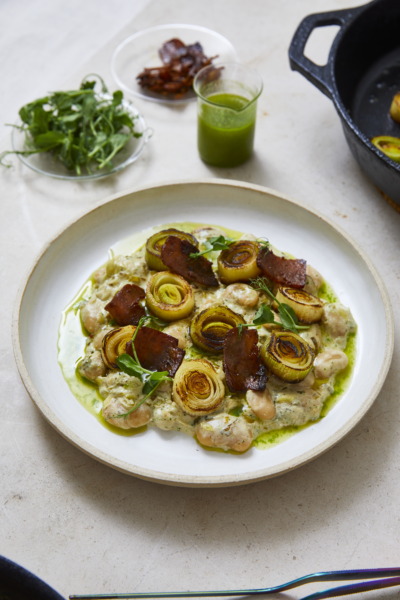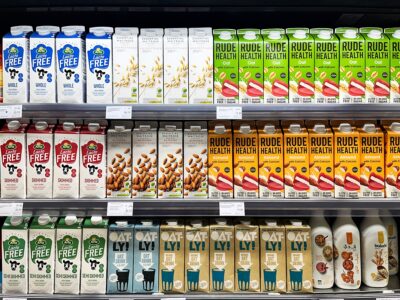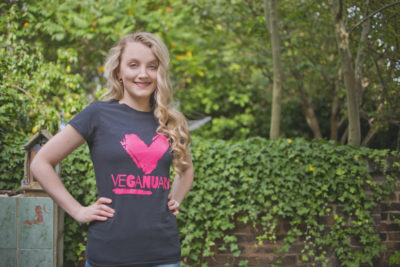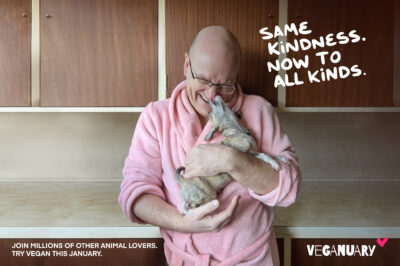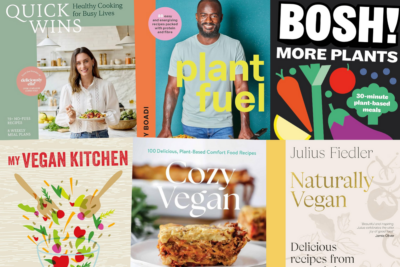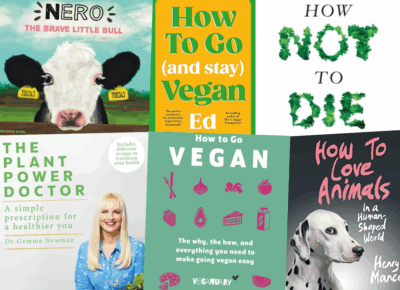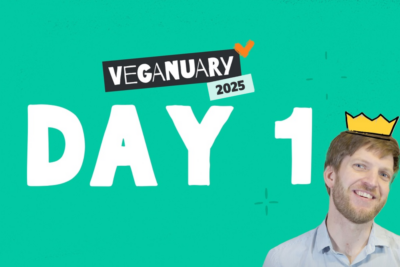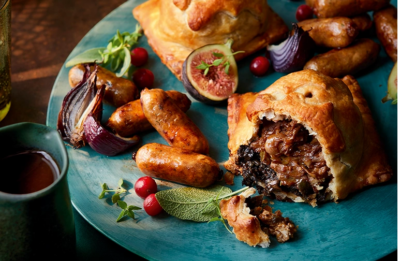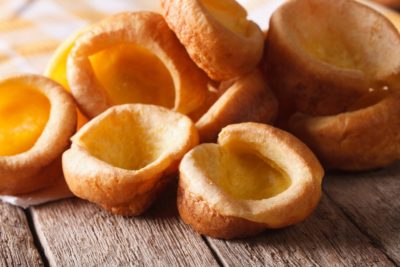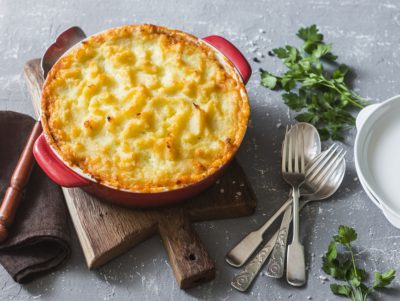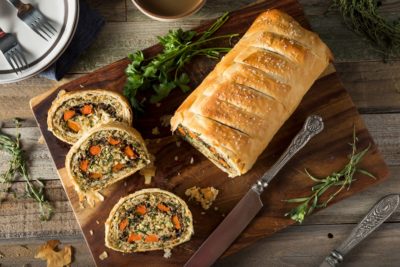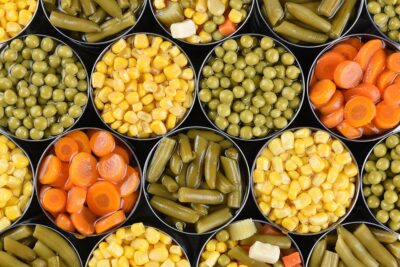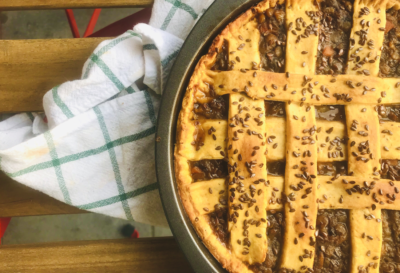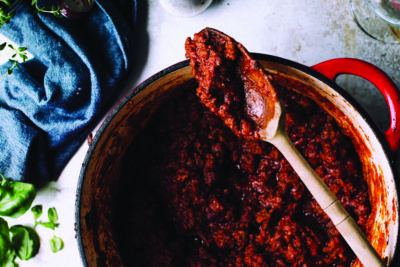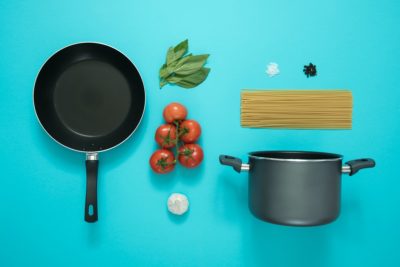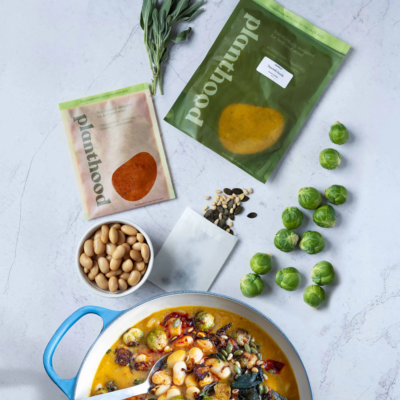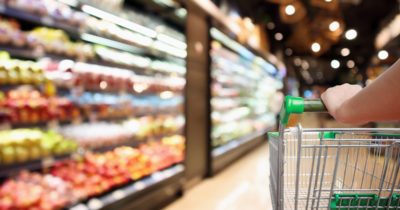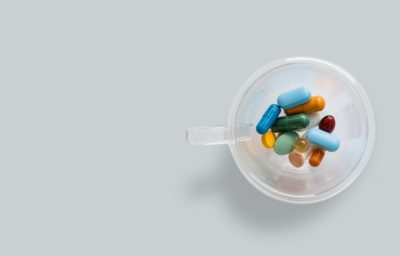Is a vegan pregnancy safe? Here’s what you need to know
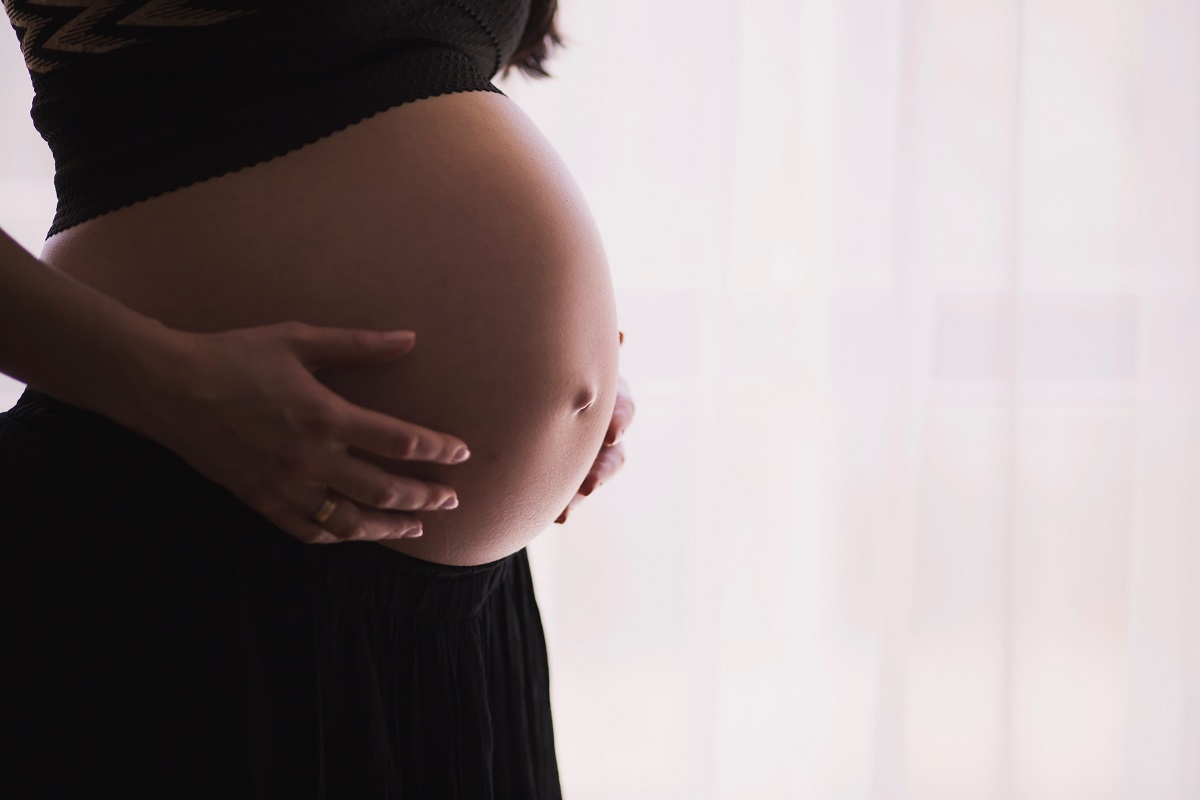
Is a vegan pregnancy safe? More and more women are realising that a plant-based diet is a healthy way to eat during pregnancy and that there’s no reason to stop eating vegan just because you’re pregnant.1
What Vegan Foods Should I Eat When Pregnant?
Following a vegan diet during pregnancy is a positive way to help ensure your unborn baby is given the best start, as many of the well-known foods to avoid are naturally omitted, such as fish, raw milk and cheese, soft and blue cheeses, deli meats, luncheon meats, hot-dogs and under cooked meats.2
However, you must also take into account the foods that you will need to eat more of in order to give your baby all the nutrition they need.
It is important to be aware of calorific intake during pregnancy, especially the second and third trimesters when gastric capacity decreases as the baby takes up more room. In addition, extra calories are needed in the third trimester.3
The National Institute for Health and Care Excellence in the UK (NICE) recommends 200 additional calories a day for the last three months, but the amount can vary among individuals and it is best to consult your doctor.4
All vitamins and minerals are vital during pregnancy and eating a variety of foods including fruits, vegetables, plenty of leafy greens, wholegrain products, beans, nuts and seeds virtually ensures that you’ll meet most of your nutrient needs.
However, there are certain nutrients you need to be more aware of. Vegan mothers should make sure they have a reliable supply of Vitamin B12, iodine and choline.5
The NHS recommends that all pregnant women take a supplement containing 400mcg of folic acid in the first trimester of pregnancy and 400 IU of Vitamin D, during the whole of pregnancy.6 Both of these, along with vitamin B12, can easily be obtained with this once-daily supplement.
A baby’s nervous system develops before birth and in the first few months afterwards. Vitamin B12, folate, iodine, DHA (an essential fatty acid) and protein are all essential nutrients to assist with this, ensuring your baby has a healthy functioning nervous system.
Read on to find out more about these – and other – vital vitamins and minerals.
Vitamin B12
B12 protects the nervous system and prevents permanent damage such as blindness, deafness and dementia. Fatigue and tingling in the hands or feet can be early signs of deficiency.
Thankfully, vitamin B12 is made by bacteria and does not need to be obtained from animal products.
The most reliable source of vitamin B12 for vegans is a high-quality supplement. Foods fortified with this nutrient, such as plant milks and yoghurts, yeast extract, and B12-enriched nutritional yeast, may not provide a sufficient amount.7,8
Adults can store sufficient B12 to last 2-4 years but babies will not have yet built up their reserves, and so they MUST get adequate dietary vitamin B12. Without it, the infant can develop brain damage. When a breastfeeding mother is getting sufficient B12, her baby will receive enough through her milk.
In the UK, the NHS recommends around 1.5mcg per day for all adults aged 19 – 64.9
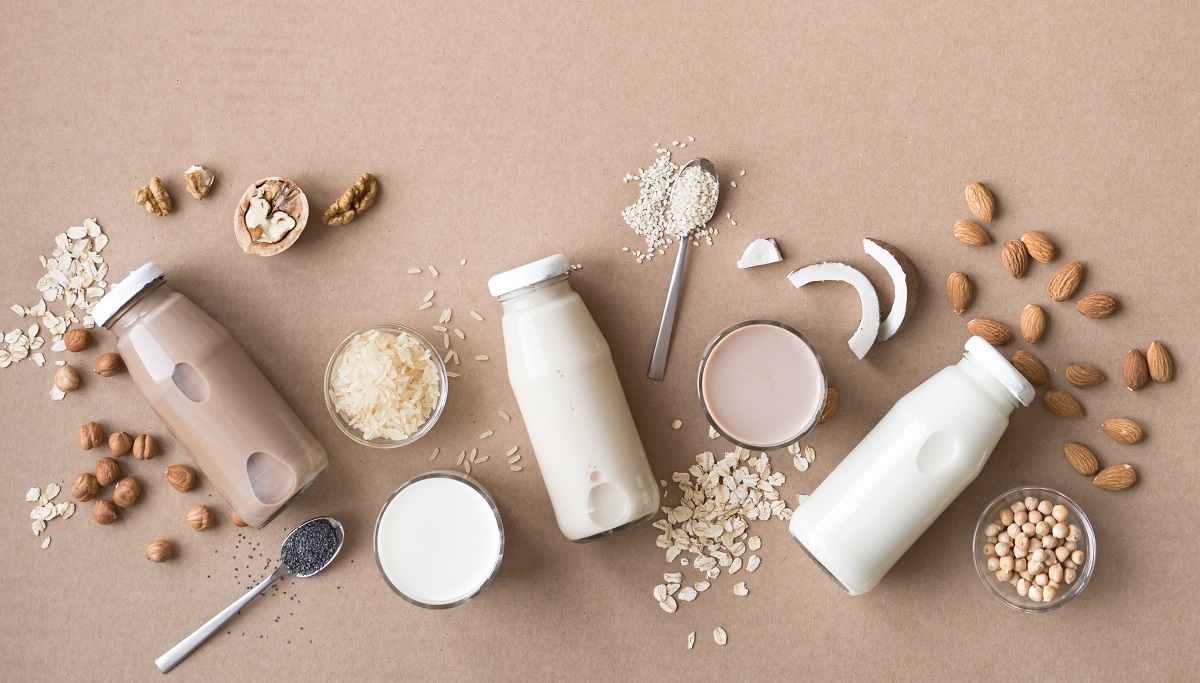
It is recommended that we all:
- Take a B12 supplement daily – A good quality vitamin or multi-vitamin that includes 25-100mcg of vitamin B12 should be sufficient
- Eat two servings of fortified foods daily
Some vegan sources of vitamin B12 include:
- Fortified plant milks and yoghurts
- Fortified nutritional yeast flakes
- Fortified breakfast cereals
- Yeast extract (such as Vegemite, Marmite)
There’s not currently enough evidence to know exactly what the effects of taking daily high doses of Vitamin B12, but it’s understood that taking 2mg or less each day is unlikely to be harmful.10
It is not recommended to take higher doses than this, and if you’re really worried about it, always seek professional advice.
Vitamin D
The sun’s rays provide ultraviolet B (UVB) energy, and the skin uses it to start making vitamin D, making sunshine one of the key sources of vitamin D.
Breast-fed babies are at high risk for vitamin D deficiency, so it is crucial that breastfeeding mothers have adequate levels, particularly if they live in the more northern parts of the hemisphere where the sun is weaker for much of the year.
A deficiency in vitamin D can have an effect on the development of your baby’s bones.
The British Department of Health recommends that all babies – not just those born to vegan mothers – have vitamin D drops from birth to make sure they get enough. Babies who are having more than 500ml (about a pint) of infant formula don’t need the vitamin drops because formula is already fortified with vitamins.11
If you’re unsure about any of this, ask your doctor for more information on a suitable dose for your baby and ensure not to give them more than what is recommended.
Calcium
Calcium helps your baby’s teeth to develop. Even though they don’t appear for some time after birth, teeth develop during your pregnancy, along with your baby’s skeleton.
Babies born at full term contain approximately 20g-30g of calcium, most of which is laid down during the last trimester. As this is the peak time for bone growth, your baby will need 200 – 250 mg of calcium every day.12
The recommended dietary allowance of calcium remains the same during pregnancy as in pre-pregnancy – 700mg per day. Experts don’t consider that any increase is necessary during pregnancy so as long as your calcium levels were good beforehand, and you are continuing with a similar diet, then you should be okay.13
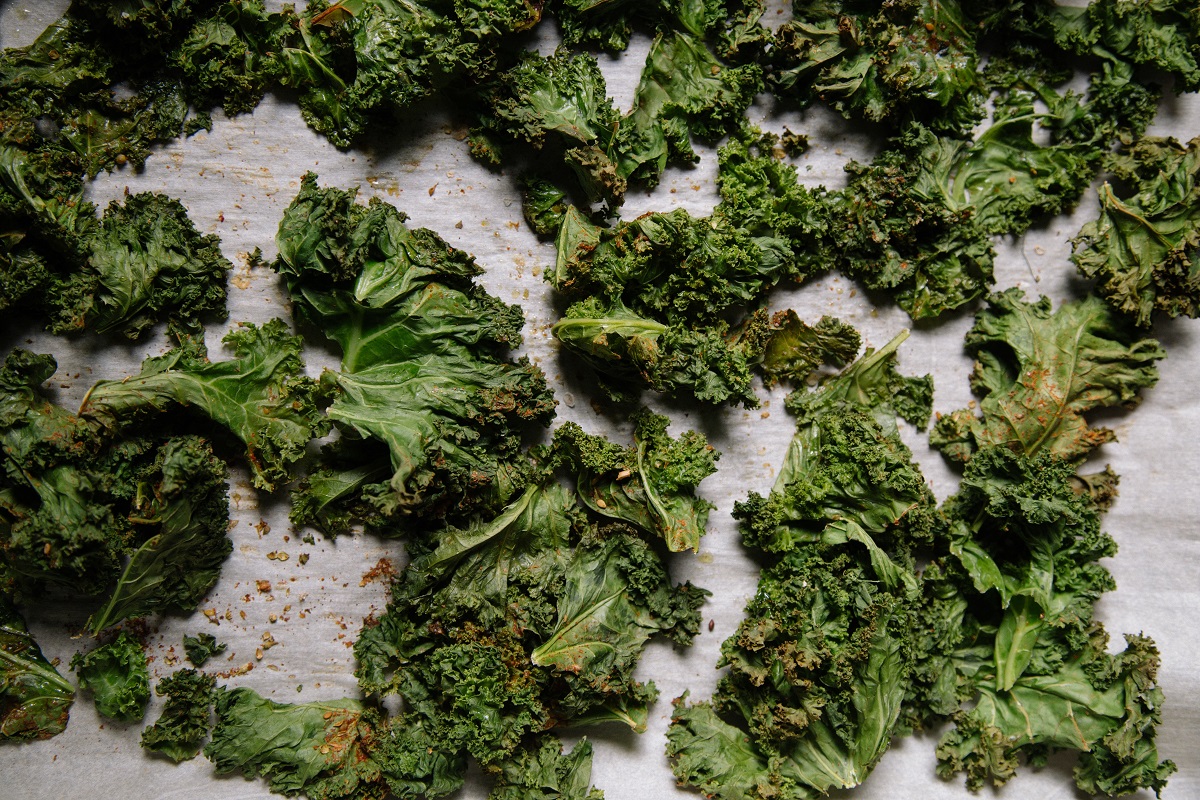
Good vegan calcium sources:
- Fortified tofu
- Fortified plant milks and dairy alternatives
- Green vegetables, such as kale, broccoli, Chinese cabbage, bok choy, collard greens
- Nuts, especially, almonds
- Seeds, including tahini
- Fruits, such as figs, and fortified fruit juices
A note on calcium and sweet potatoes: Often, these are said to include good calcium levels, but the oxalic acid present in these foods affects the amount of calcium your body is able to absorb from them.
Iron
During pregnancy your body’s requirements for iron and zinc are high. It is recognised that if iron stores are inadequate at the start of pregnancy, it may be necessary to take supplements.
In practice, many women are prescribed iron supplements during pregnancy anyway, and may also be given dietary advice to help them increase their iron intake.
Most nutritionists advise any pregnant woman to take a good quality iron supplement during this time, just to be safe, as it’s not always easy to meet this need.14

Good vegan sources of iron:
- Dried beans
- Soy products
- Dark green leafy vegetables
- Whole grains
- Blackstrap molasses
- Sea vegetables
- Fortified breakfast cereals
During pregnancy, iron not only assists your body with its usual role of helping red blood cells transport oxygen around the body; it also helps deliver oxygen to your baby.
During pregnancy, particularly during the second and third trimesters, your body’s blood supply increases by 40-50%. So, to make this extra blood, you need a lot more iron.
Naturally, a woman’s body absorbs iron better during pregnancy, so take advantage of this by stocking up on iron-rich plant foods and letting nature work its magic!
The reason why vegans struggle to get enough iron during pregnancy is that the form of iron found in plant-based foods, known as non-heme iron, is not as easy for the body to absorb as some forms found in meat products (heme iron).
The Institute of Medicine suggests that vegetarians should have 1.8 times more iron than meat eaters to compensate for this.15
While you may have to think more carefully about this one, it’s perfectly viable to get just what your body needs during your pregnancy on a vegan diet. Try to make good food choices, speak with your healthcare provider and keep a stock of good quality vegan iron supplements.
Zinc
The recommended daily intake of zinc for women is 7mg.16
Some foods such as wholemeal bread, pasta and rice contain substances known as phytates, and they inhibit zinc absorption, so it is important to take this into account, especially during pregnancy. Needs for vegans may actually be 50% higher than the recommended daily intake.17
Good vegan sources of zinc include:
- Tofu
- Tempeh
- Legumes
- Grains
- Nuts
- Seeds, especially pumpkin seeds
- Fortified products, including breakfast cereal and meat substitutes
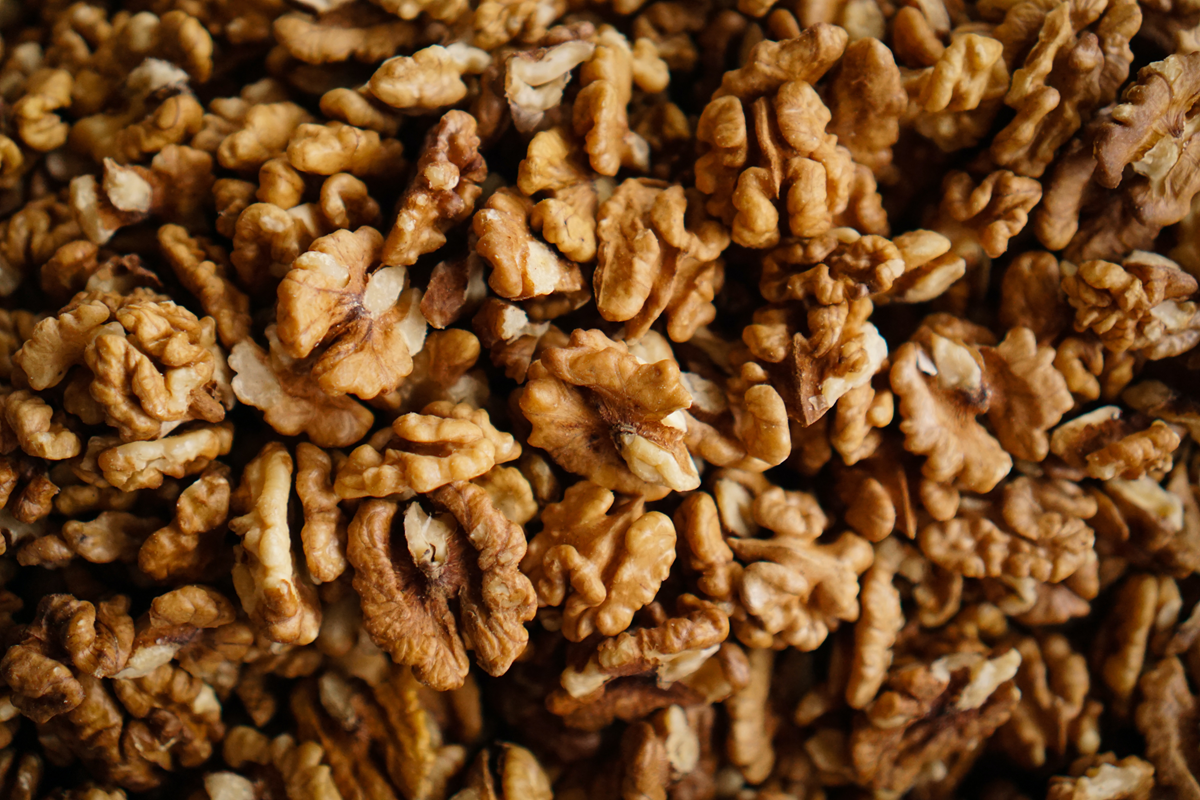
Iodine
Iodine is needed for healthy thyroid function which regulates metabolism. Iodine deficiency during pregnancy and early infancy can result be serious, and impair both physical and mental growth and development.
Sea vegetables are one good source of iodine in vegan diets, although the amount varies greatly, and some types may actually contribute excessive amounts of iodine. The most reliable source of this nutrient is an iodine supplement in preconception period, pregnancy and breastfeeding.
Omega-3 and Omega-6 Fatty Acids
There are three types of fat in our diet: saturated, monounsaturated and polyunsaturated fat. Saturated and monounsaturated fats are called non-essential fats, as our bodies can make all they need of these. Polyunsaturated fats, however, are essential fats that we need to obtain from our diets, and there are two types: omega-6 and omega-3 fatty acids.
It is very easy to get sufficient omega-6 on a balanced diet as it can be found plentifully in leafy vegetables, seeds, nuts, grains and most vegetable oils. In all people, regardless of their diet, omega-6 acids compete with omega-3 acids for use in the body.
So, while we don’t need to worry too much about our omega-6, we do need to pay attention and ensure we are getting sufficient omega-3 on a daily basis.
As the only food containing both EPA and DHA is sea greens, we recommend taking a high-quality microalgae supplement to ensure you get enough, particularly during pregnancy and breastfeeding.
A reliable source of omega-3 is an algae supplement with at least 250mg of DHA for adults per day. During pregnancy and breastfeeding, research suggests we should aim to get 500mg of EPA and DHA combined each day.
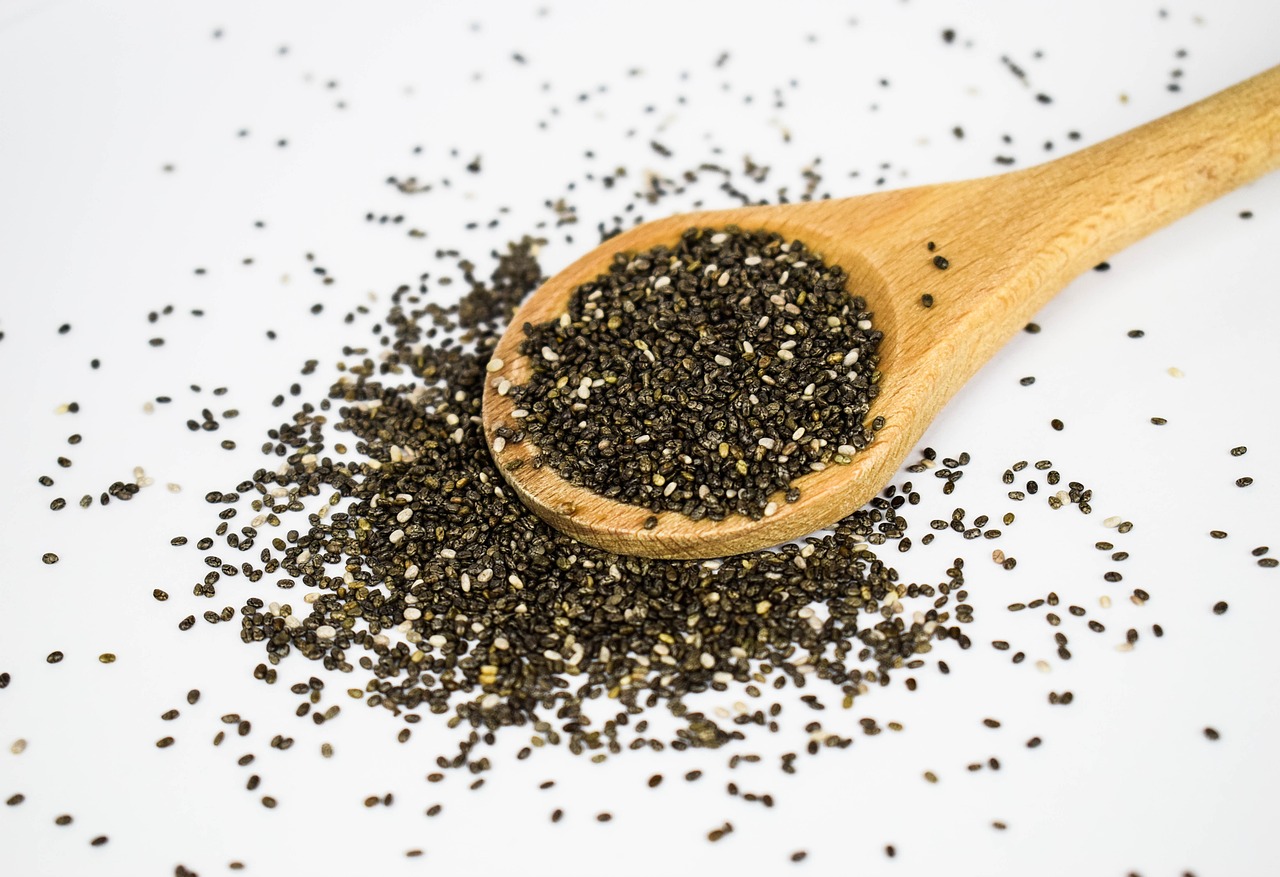
This can be done alongside consuming dietary sources omega-3, including:
- Ground flaxseeds, also known as linseeds – 1-2 tbsp a day should supply your needs
- Chia seeds – 2 tsp
- Walnuts and walnut oil – six halves or 1 tbsp
- Rapeseed oil, also known as canola oil is richer in omega 3 fatty acids than other neutral tasting oils so use this when you need a plain oil. Otherwise extra virgin olive oil is recommended for its other nutritional properties.
Omega-6 fatty acids can be obtained from:
- Sunflower oil
- Safflower oil
- Soya oil
Useful Online Resources
- Plant-Based Health Professionals
- NutritionFacts.org
- Vegan Pregnancy and Parenting Community
- Vegan Pregnancy and Parenting Group
References
1. Davis, Brenda, and Melina, MS. Becoming Vegan, Express Edition. Book Publishing Company, 12 Aug. 2013.
2. Mangels, Reed. The Everything Vegan Pregnancy Book. Simon and Schuster, 18 Aug. 2011.
3. Baroni, Luciana, et al. “Vegan Nutrition for Mothers and Children: Practical Tools for Healthcare Providers.” Nutrients, vol. 11, no. 1, 20 Dec. 2018, p. 5, https://doi.org/10.3390/nu11010005.
4. NICE. “Recommendations | Weight Management Before, during and after Pregnancy | Guidance | NICE.” www.nice.org.uk, 28 July 2010, www.nice.org.uk/guidance/ph27/chapter/Recommendations. Accessed 6 Dec. 2023.
5. Vegan Health. “Pregnancy, Infants, and Children.” VeganHealth.org, veganhealth.org/life-cycle/pregnancy-infants-and-children/#pregnancy. Accessed 6 Dec. 2023.
6. NHS. “Vitamins, Minerals and Supplements in Pregnancy.” NHS, 2 Dec. 2020, www.nhs.uk/pregnancy/keeping-well/vitamins-supplements-and-nutrition/. Accessed 6 Dec. 2023.
7. Norris, Jack. “Vitamin B12.” VeganHealth.org, www.veganhealth.org/articles/vitaminb12. Accessed 6 Dec. 2023.
8. Messina, Ginny. “Vitamin B12: A Vegan Nutrition Primer.” The Vegan RD, www.theveganrd.com/vegan-nutrition-primers/vitamin-b12-a-vegan-nutrition-primer. Accessed 6 Dec. 2023.
9. NHS. “B Vitamins and Folic Acid – Vitamins and Minerals.” NHS, 3 Aug. 2020, www.nhs.uk/conditions/vitamins-and-minerals/vitamin-b/. Accessed 6 Dec. 2023.
10. NHS. “B Vitamins and Folic Acid – Vitamins and Minerals.” NHS, 3 Aug. 2020, www.nhs.uk/conditions/vitamins-and-minerals/vitamin-b/. Accessed 6 Dec. 2023.
11. NHS. “Food for Healthy Bones.” NHS, 18 Jan. 2022, www.nhs.uk/live-well/bone-health/food-for-strong-bones/. Accessed 6 Dec. 2023.
12. British Nutrition Foundation. “Nutrition during Pregnancy – British Nutrition Foundation.” www.nutrition.org.uk, June 2015, www.nutrition.org.uk/life-stages/pregnancy/healthy-eating-during-pregnancy/nutrition-during-pregnancy/. Accessed 6 Dec. 2023.
13. British Nutrition Foundation. “Nutrition during Pregnancy – British Nutrition Foundation.” www.nutrition.org.uk, June 2015, www.nutrition.org.uk/life-stages/pregnancy/healthy-eating-during-pregnancy/nutrition-during-pregnancy/. Accessed 6 Dec. 2023.
14. National Institutes of Health. “Office of Dietary Supplements – Iron.” NIH, 5 Apr. 2022, ods.od.nih.gov/factsheets/Iron-HealthProfessional/. Accessed 6 Dec. 2023.
15. National Institutes of Health. “Office of Dietary Supplements – Iron.” NIH, 5 Apr. 2022, ods.od.nih.gov/factsheets/Iron-HealthProfessional/. Accessed 6 Dec. 2023.
16. NHS. “Vitamins and Minerals.” NHS, 3 Aug. 2020, www.nhs.uk/conditions/vitamins-and-minerals/others/. Accessed 6 Dec. 2023.
17. Norris, Jack. “Zinc.” VeganHealth.org, veganhealth.org/zinc/. Accessed 6 Dec. 2023.
This page was reviewed by Claire Lynch, RD and nutritionist Rohini Bajekal from Plant-Based Health Professionals in November 2023.



